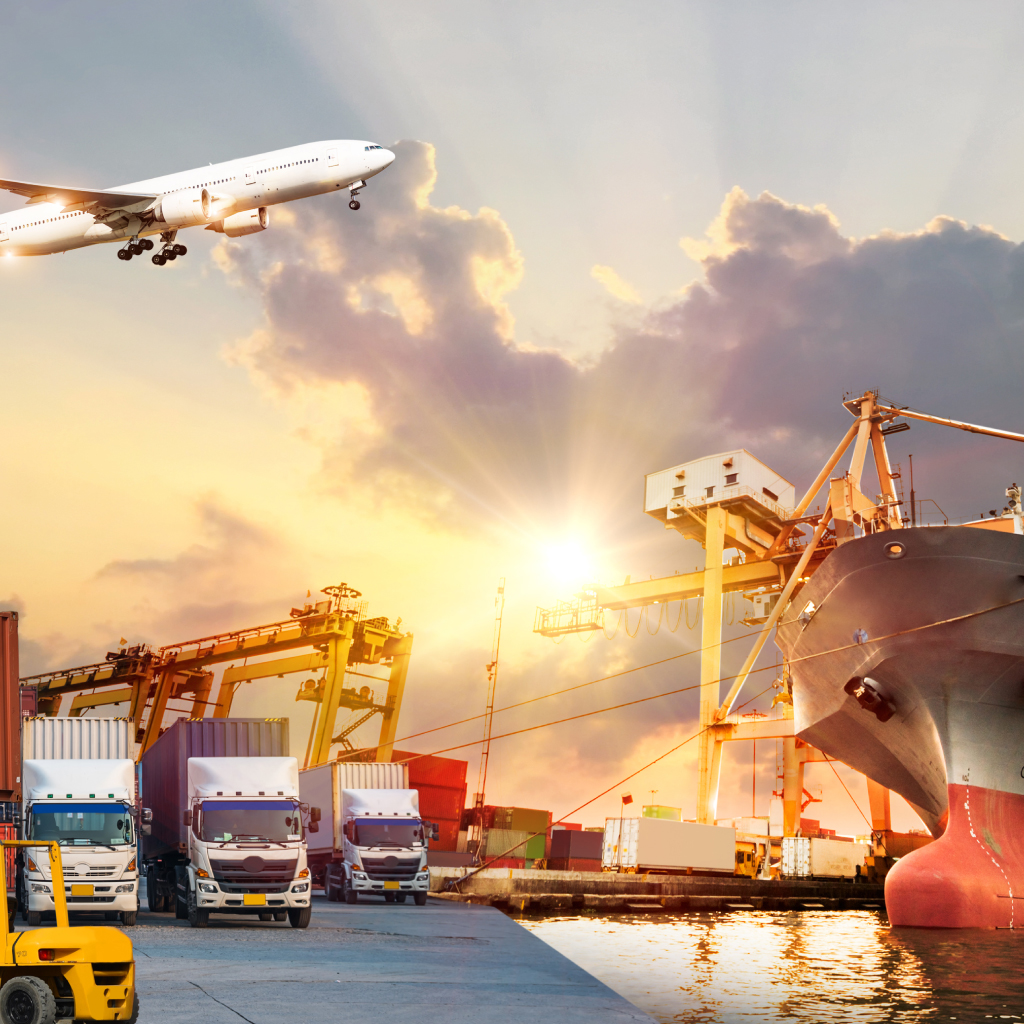Multimodal Impact on Sustainability
7th July 2023

It’s a competitive world out there, and every organization comes up with its best strategy to maximize its hold on its market share. With the ascendancy of e-commerce channels needling the conversation towards customer retention and more significant satisfaction metrics with days passing by – the supply chain industry has its task cut out to match the goals set out by the ever-increasing success metrics.
And, to tap into the presented market opportunities, a company’s logistic leg is at the epicentre to carry much of the heavy lifting, more so when accelerated delivery process is becoming the main driver to generate better revenue statements on a regular quarterly basis. But ensuring faster deliveries comes with a tag of solid infrastructure which subsequently means more investment from the company’s management. However, if planned right, the transit balance sheet might not necessarily be a burden on management. More so if the opted shipment network is multimodal.
Multimodal transit, by definition, involves optimized usage of every possible mode of transportation to reduce overall shipping costs and also ensure a large quantity of product movement. This could include air, waterways, rail and road collectively or in some combination per an organization’s need. The benefit of multimodal conveyance includes saving time in the context of large shipments and furthering operations under approved financial guidelines while not limited to demography constraints (for international cargo movement). But the most significant advantage that swings the conversation of integrated transportation in its favour – is its contribution to sustainability.
Multimodal Transportation & Sustainability
Shipping goods through integrated transportation holds an edge over singular transit methods as it collectively narrows down on the overall carbon & related GHG emissions. Let’s put this exercise into theory; a single rail freight movement can cover hundreds of trucks relying on road networks responsible for tons of CO2 emissions annually. And when it comes to international shipments, multimodal transit, with its involvement of waterways and railways, combines to reduce close to 63% of emissions when put in context to truck shipments.
With intelligent freight planning across various modes, a value chain management can make the most of integrated transit for its virtue of cost-effectiveness and also lower overall emissions capping. Here are a few essential pointers underlining multimodal transportation’s impact on scale and operational value.
Can Traverse Geographical Limitations
For supply chain industries across Europe, seaway transit is one of the crucial pillars of its logistical application. With countries sharing international water borders, integrated transport acts as a significant foundation for trade pacts across nations while keeping the metrics of scalability & emissions well in check. Simply put, combined transportation acts as a boon for supply chain management looking to enhance their business across the globe.
Equal load distribution across transportation modes
With multimodal transit, a company’s daily logistical transaction gets an intelligent edge, keeping one mode of transportation from bearing all the brunt of the shipment. For instance, an organization deciding to ship all its products via road stands to leave a larger carbon footprint than integrated shipping.
Better prospect for sustainability
With its lower emissions application value running parallel to the sustainability goals, multimodal transit has become a boon in the organization’s roadmap toward minimizing its GHG footprint. On the back of active investment in titular transportation, especially in Europe, where its application is set to see an increase to the north of 80% by 2050, integrated shipment will hold the key to a more competent and sustainable logistical process.
While it may seem a lot of hard work managing multiple modes of transportation, intelligent logistical platforms with their intuitive dashboards & advanced machine learning interface nullify complications in overseeing shipment operations irrespective of the scale. 3SC, with its range of end-to-end supply chain services, sidelines potential bottlenecks in an organization’s value chain operation to give them intelligent foresight helping them oversee the entire procedure from production to delivery.

